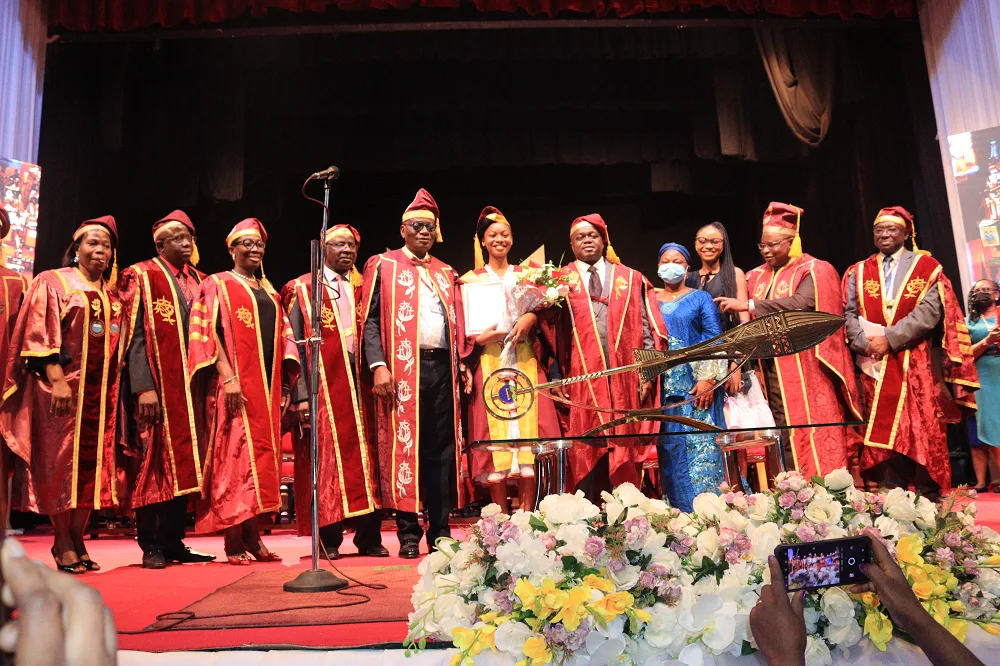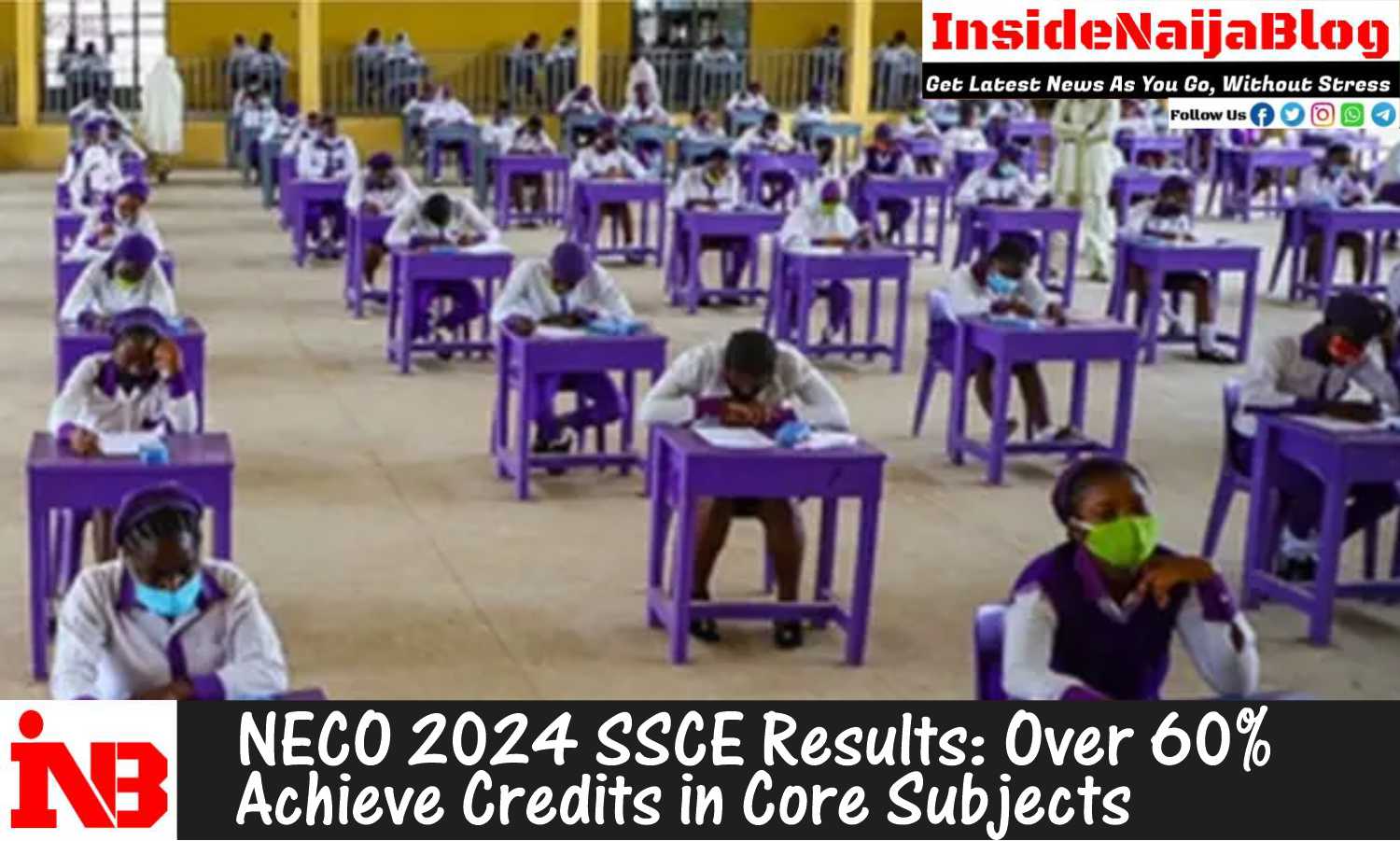Orija Morohunkeji Yomi, a doctoral candidate and graduate research assistant in the United States, is on a transformative journey that bridges the gap between educational practices in Nigeria and the U.S. With her background in Nigeria, she initially harbored reluctance toward pursuing teaching as a career despite being raised in an educator’s home. However, her path evolved, leading her to become a dedicated advocate for equitable education. She now serves as the Project Director for Goal Oriented Performance in and Out of School Time (GoalPOST), a program funded by the Nita M. Lowey 21st Century Community Learning Centers and overseen by the U.S. Department of Education.
This initiative provides crucial academic and social-emotional support for students at risk of academic failure, aligning perfectly with Yomi’s research focus on supporting culturally and linguistically diverse (CLD) students in U.S. schools. In this interview, she discusses her academic journey, career progress, the differences between education systems in Nigeria and the U.S., and her reflections on migration, professional development, and education policy.
Comparing Nigeria and the U.S. Education Systems
Yomi’s academic journey is marked by her keen observations of the distinct differences between the education systems in Nigeria and the U.S. In Nigeria, educators often take on a parental role, offering guidance to students both academically and personally. Yomi values the strong sense of community this approach creates. By contrast, in the U.S., teachers tend to maintain professional boundaries while focusing on their teaching responsibilities. While this method promotes academic growth, it sometimes lacks the familial connection seen in Nigerian schools.
Resource availability is another point of contrast. Schools in the U.S. are better equipped with advanced technology and educational materials, whereas many Nigerian schools face shortages. Yomi believes that timely government intervention could address these issues, helping improve the quality of education in Nigeria.
Additionally, teaching methods differ: the U.S. embraces a student-centered approach, fostering collaboration and active participation. In contrast, Nigerian schools still largely employ a teacher-centered method that emphasizes discipline, respect for authority, and classroom control.
Bridging Research and Practice in Education
Yomi’s research revolves around creating inclusive environments that support the academic and emotional success of CLD students. Her passion lies in preparing teachers to provide culturally sustaining practices, ensuring students feel valued and supported. This focus on cultural sensitivity is central to her work as Project Director for GoalPOST, where she designs activities to enrich students’ academic and emotional experiences, particularly those from low-performing and high-poverty schools.
The transition from theory to practice has been fulfilling for Yomi, as her research informs her work with teachers to create learning environments where students thrive both academically and emotionally. Her approach underscores the importance of community involvement and family engagement to create holistic, supportive educational experiences.
The Turning Point: Embracing Teaching
Yomi’s transformation from someone who was initially reluctant to pursue teaching to a passionate advocate for education occurred during her Master’s program in Nigeria. A pivotal moment came when one of her lecturers, Professor O. A. Adegun, used interactive, student-centered teaching methods. This experience opened Yomi’s eyes to the powerful role teachers play in shaping students’ futures. It sparked a deep desire in her to create an engaging and impactful learning environment, not just for the subjects taught but for the students themselves.
Addressing Challenges in Nigeria’s Education System
Yomi acknowledges the challenges Nigeria faces in attracting more educators, particularly with the current trend of brain drain, where skilled professionals, including teachers, are leaving the country. She believes that a cultural shift is needed to elevate the teaching profession. Teachers should be recognized as nation-builders, with improved salaries, better working conditions, and career advancement opportunities.
To address the disconnect between Nigeria’s education system and the labor market, Yomi suggests aligning the curriculum with industry needs. Introducing soft skills, practical training, and entrepreneurship into the curriculum could make graduates more employable. Collaboration between academia and industries would also help bridge the skills gap, making students more market-ready.
Encouraging Educational Reforms
Yomi advocates for a curriculum overhaul to produce future-ready graduates. The education system should focus on fostering critical thinking, digital literacy, and problem-solving skills. She also emphasizes the importance of integrating vocational and technical training to better prepare students for various career paths. Regular curriculum updates, involving input from educators, policymakers, and industry leaders, are essential to ensure that students are equipped with the skills needed in today’s dynamic world.
Supporting Nigerian Professionals Abroad
Yomi also highlights the potential of Nigerian professionals abroad who possess foreign exposure. To attract them back home, she suggests improving transparency, offering incentives, and creating platforms for them to contribute to national development. Addressing systemic issues and valuing the expertise of these professionals would encourage them to return and help build Nigeria’s education system.
Overcoming Challenges as an Immigrant Scholar
Yomi’s journey to the U.S. was not without challenges. Navigating a new cultural and educational system, while balancing her roles as an immigrant, mother, and professional, presented many obstacles. However, her determination and willingness to learn from her experiences enabled her to adapt. Building a supportive network, seeking mentorship, and embracing continuous learning were crucial to her success. Her experiences as a mother also provided valuable insights into the importance of inclusivity for culturally diverse students.
Future Goals
Looking ahead, Yomi aims to expand the impact of her research and professional work by collaborating with educators, policymakers, and community leaders to create lasting systemic changes in education. She aspires to design sustainable programs that empower CLD students and their families, ensuring equitable access to educational opportunities. Yomi also plans to mentor future educators and researchers, inspiring a new generation of culturally responsive practitioners.
Her work and vision reflect her commitment to shaping a future where education serves as a tool for societal transformation, empowering every student, regardless of background, to excel academically and emotionally. Through resilience, vision, and adaptability, Yomi believes that education can become the cornerstone of national development in Nigeria and beyond.




